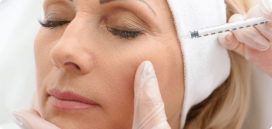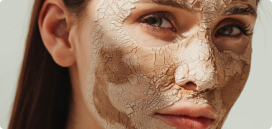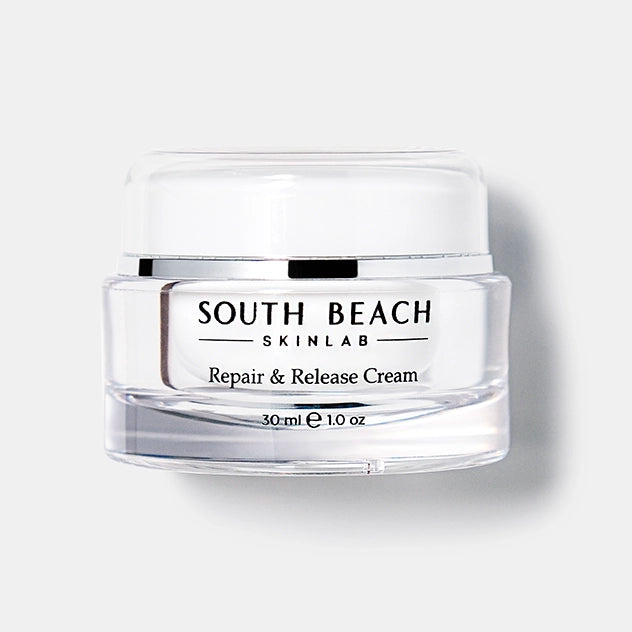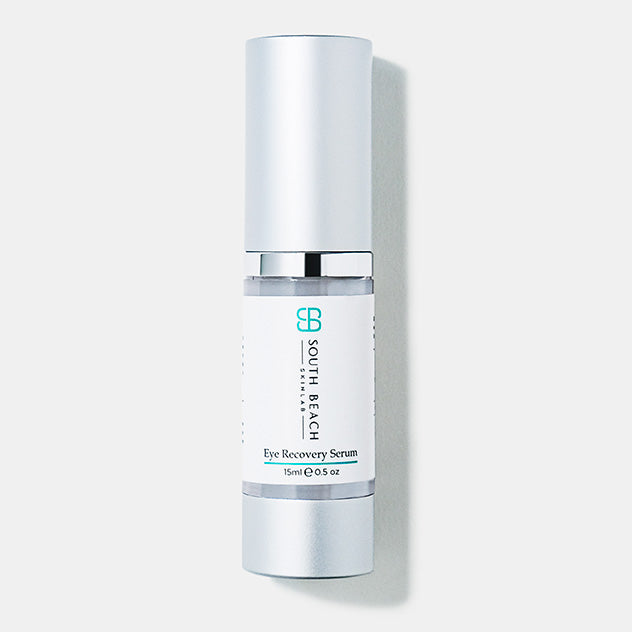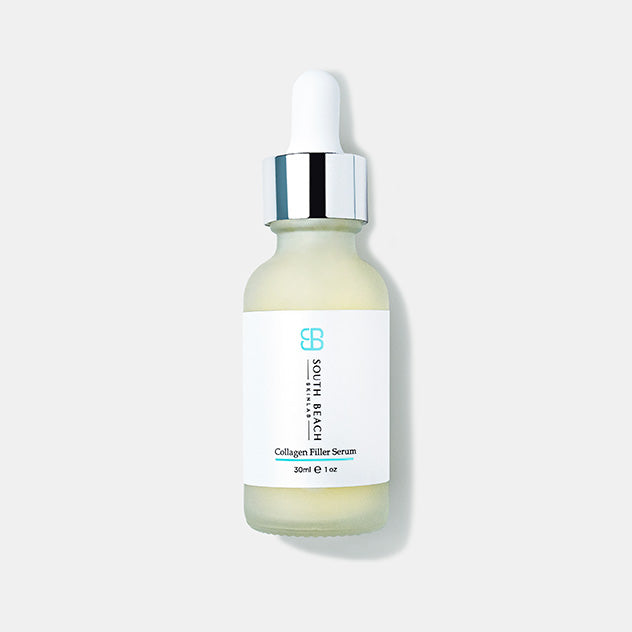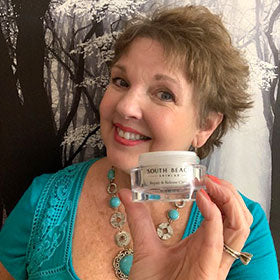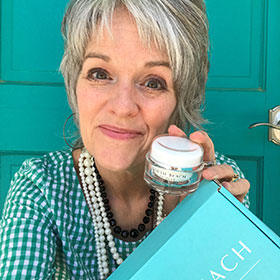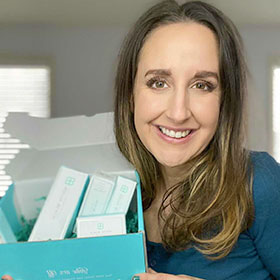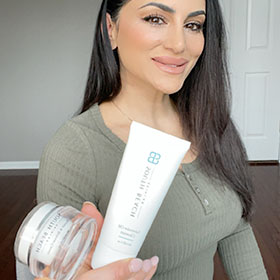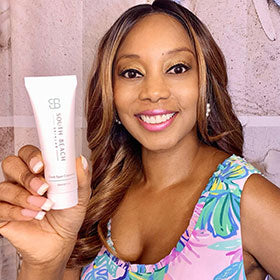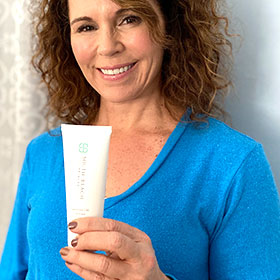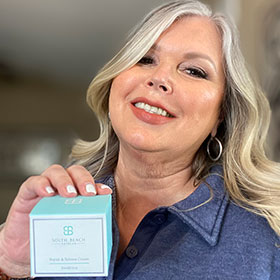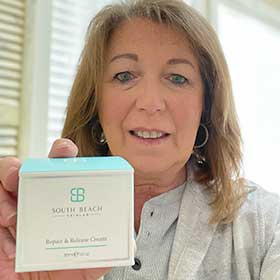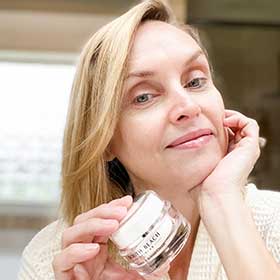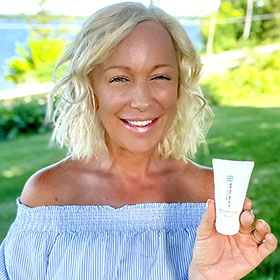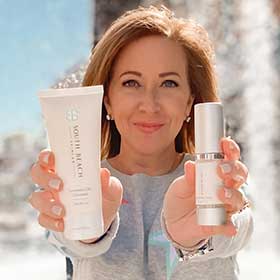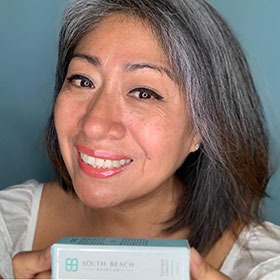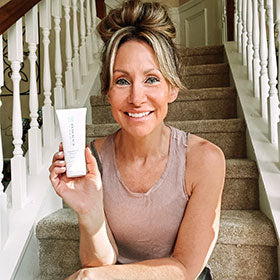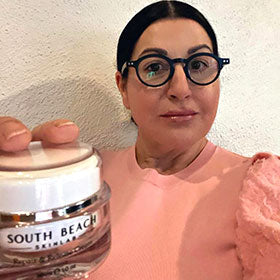Cortisol, often referred to as the "stress hormone," plays a crucial role in our body's response to stress. However, too much stress and elevated cortisol levels can significantly affect our skin health in many different ways.
From acne to premature aging, understanding how cortisol impacts our skin is key to managing how your skin reacts through the ups and downs of life. That’s why we’ve explored a few ways cortisol affects your skin and practical tips on managing it for healthier, glowing skin.
1. Acne Breakouts
No matter your age, you’re never safe from acne breakouts, especially if you’ve been stressed out. High cortisol levels can stimulate oil production in the skin, leading to clogged pores and acne breakouts. To help offset these blemishes, keep your skin clean and fresh with a gentle cleanser that helps to refresh and revive your complexion.

2. Inflammation
Cortisol triggers inflammation responses in the body, and inflammation is a fast track to premature aging. If you’re feeling stressed, make the most of the time you spend doing your skincare routine by adding in some deep breathing while you apply your elixirs!

3. Collagen Breakdown
Prolonged stress and elevated cortisol levels can accelerate collagen breakdown, resulting in fine lines, wrinkles, and sagging skin. Adding a strengthening and plumping overnight mask is a great way to help minimize the effects of stress on your skin.

4. Skin Sensitivity
Cortisol can make the skin more reactive and sensitive to external irritants, leading to redness and irritation. If your skin’s feeling a little sensitive lately, try to focus on stress-relieving techniques like meditation or a nice long bubble bath to help give yourself some R&R.

5. Hyperpigmentation
Chronic stress can contribute to hyperpigmentation and uneven skin tone by increasing melanin production. While keeping cortisol levels low is one solution, it doesn’t hurt to start using a dark spot corrector to help your skin return to its bright, glowy self!

Managing cortisol levels is one of the few things we need to do to maintain healthy skin. Incorporating stress-reducing techniques such as meditation, exercise, adequate sleep, and skincare products that help support your complexion can help minimize the negative effects of cortisol on your skin. By understanding how cortisol affects your skin and taking proactive steps to manage stress, you can promote skin health and achieve a radiant complexion!

